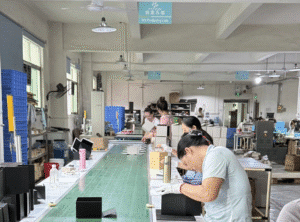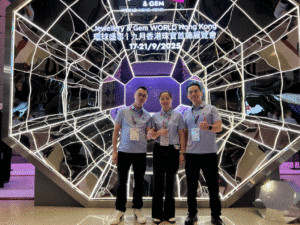The jewelry industry has long been steeped in tradition, but the integration of AI technology is revolutionizing it in many ways. By incorporating AI in various aspects of the jewelry business, from design and manufacturing to marketing and sales, the industry is experiencing a fresh transformation. Here are some key areas where AI technology is making an impact on the jewelry industry:

1. Design and Customization: AI-powered software tools can now help designers easily create intricate and unique jewelry designs. These tools can also learn individual preferences and styles, resulting in personalized designs tailored to the tastes of each customer. This level of customization not only enhances customer satisfaction but also strengthens brand loyalty.
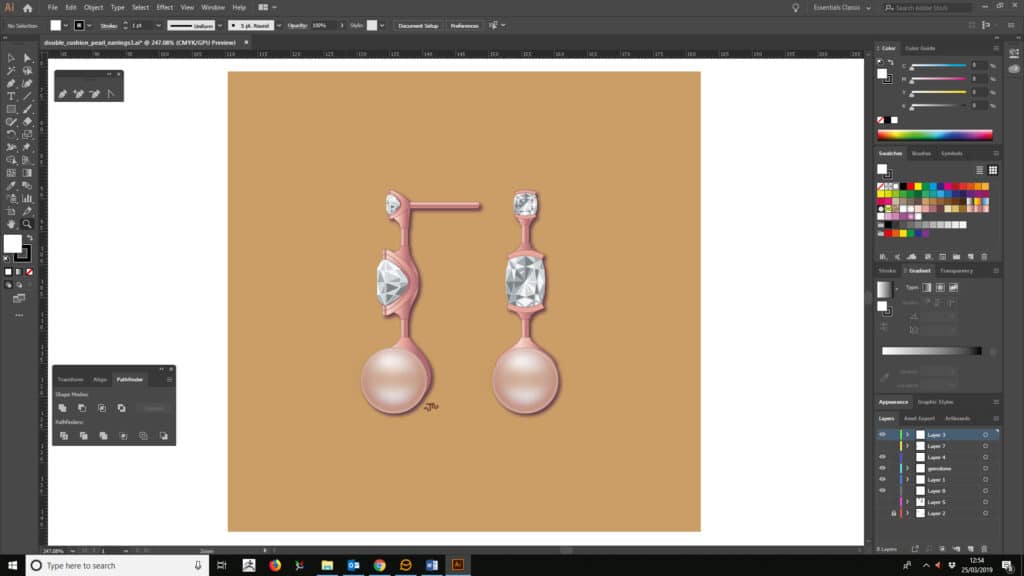
2. Manufacturing: AI-driven 3D printing technology enables the jewelry industry to produce complex and delicate designs with precision, saving both time and resources. Additionally, AI can optimize the use of raw materials, reducing waste and making the manufacturing process more environmentally friendly.
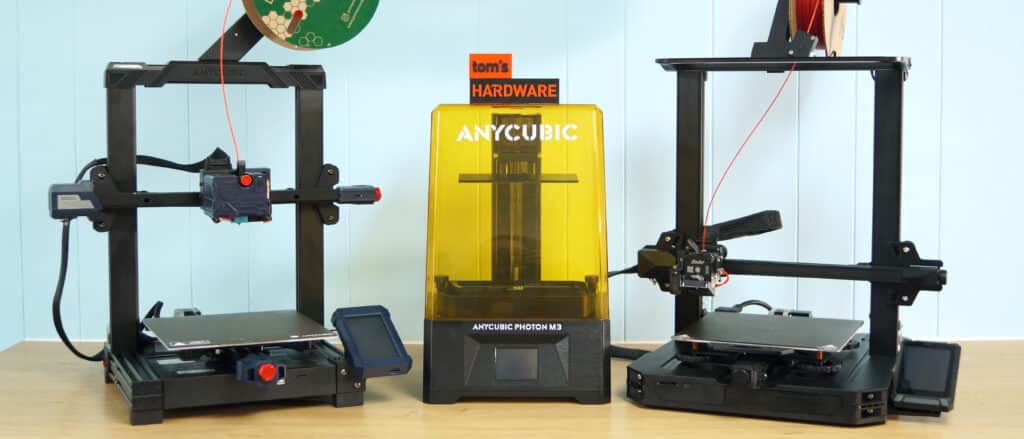
3. Quality Control: AI-powered computer vision systems can identify flaws and inconsistencies in jewelry pieces more accurately and quickly than the human eye. This ensures that only the highest-quality products reach customers, minimizing returns and enhancing customer satisfaction.
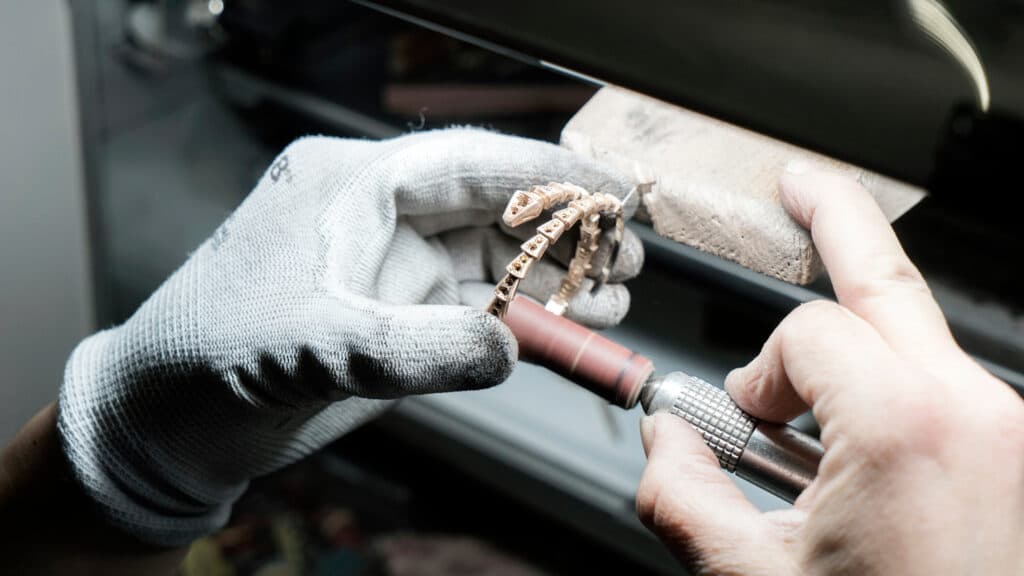
4. Predictive Analysis: AI can analyze large datasets from various sources, such as sales data, social media, and fashion trends, to predict which designs and materials will be popular in the future. This information allows jewelers to make informed decisions about their product lines and stay ahead of the competition.

5. Marketing and Sales: AI-powered chatbots and virtual assistants can provide personalized shopping experiences for customers online, guiding them through product selections and answering questions in real time. Additionally, AI can help jewelry brands target their marketing efforts more effectively by identifying customer preferences and habits, leading to more successful campaigns.

6. Inventory Management: AI can help jewelers optimize their inventory by analyzing sales data and trends to predict which products will be in demand. This ensures that stock levels are maintained appropriately, preventing overstocking or stockouts, and enabling better cash flow management.

7. Sustainability: AI technology can be used to track the provenance of materials used in jewelry, ensuring that ethical and sustainable practices are followed throughout the supply chain. This transparency can enhance consumer trust and drive demand for ethically sourced jewelry.
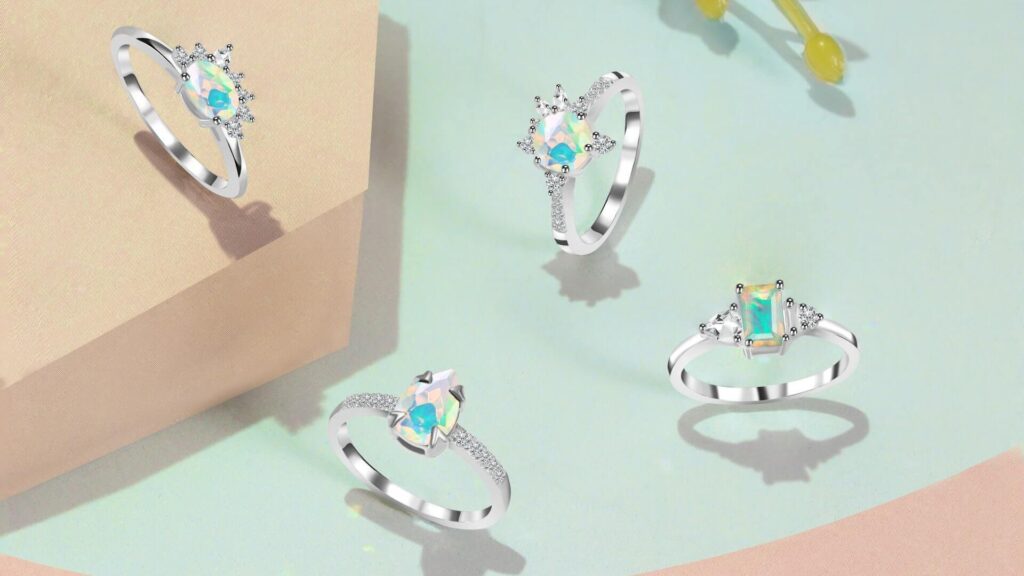
In conclusion, the integration of AI technology in the jewelry industry is ushering in a new era of innovation, customization, and efficiency. By harnessing the power of AI, the industry can continue to evolve and meet the ever-changing demands of consumers while remaining environmentally and ethically conscious.



